Yes, you can charge your Tesla using a CCS (Combined Charging System) charger. While Tesla vehicles primarily rely on the Tesla Supercharger network, many newer models are compatible with CCS chargers, allowing for greater flexibility in charging options. Older models may require a CCS adapter to connect, but using CCS stations is a safe and effective way to recharge your vehicle.
Types of EV Charging Standards
When it comes to charging electric vehicles (EVs), several standards have emerged to meet the diverse needs of drivers. Here are the most common types of EV charging standards you should be aware of:
Tesla Supercharger
Tesla's proprietary fast-charging network is designed specifically for Tesla vehicles. Superchargers provide rapid charging, typically adding around 200 miles of range in about 15-30 minutes. They are strategically placed along highways for long-distance travel, making them ideal for road trips.
Tesla Destination Charger
These are Level 2 chargers located at various destinations such as hotels, restaurants, and shopping centers. They offer slower charging than Superchargers but are perfect for longer stays, allowing drivers to recharge while they enjoy their time at the location.
CCS (Combined Charging System)
A widely adopted standard across multiple EV brands, CCS combines AC and DC charging capabilities. It supports fast charging, allowing compatible vehicles to recharge significantly faster than standard Level 2 chargers. Newer Tesla models have CCS compatibility, enabling access to this extensive network.

Compatibility of Tesla Models with CCS
The compatibility of Tesla models with CCS (Combined Charging System) varies, significantly impacting charging options for owners. Newer models, such as the Tesla Model 3 and Model Y, come equipped with built-in CCS compatibility, allowing drivers to connect directly to CCS chargers without needing any additional equipment. This seamless integration enhances convenience and access to a broader charging network.
In contrast, older models like the Tesla Model S and Model X present a different scenario. For many of these vehicles, CCS compatibility is not native, meaning they cannot connect to CCS chargers directly. However, Tesla has released a CCS adapter that enables owners of these older models to utilize CCS stations. This adapter is a valuable investment for those seeking to expand their charging options, particularly in regions where Superchargers may be less accessible.
It's also important to consider that Tesla frequently updates its vehicles' software, which can enhance or modify charging capabilities. Keeping the software up to date ensures that owners can benefit from the latest features related to charging compatibility.
Regional variations in charging infrastructure further influence compatibility. In areas where CCS charging stations are abundant, Tesla owners—especially those with newer models—will find themselves with more charging options. In contrast, older model owners might rely more heavily on Tesla's Supercharger network, which remains robust.

Knowing how your Tesla model is compatible with CCS chargers can enhance your charging options, especially on long trips. This awareness allows you to tap into a wider network of charging stations, making your journeys easier and more efficient.
Benefits of Using CCS Chargers
Charging your Tesla at CCS (Combined Charging System) chargers offers several advantages that can enhance your overall EV experience. Here are some key benefits:
-
Increased Availability: CCS chargers are widely adopted across many EV brands, resulting in a growing network of charging stations. This can be especially beneficial in areas where Tesla Superchargers are scarce, giving Tesla owners more options for recharging.
-
Faster Charging Speeds: Many CCS chargers support high charging speeds, often providing a similar or even faster charging rate compared to Tesla Superchargers. Depending on the specific charger and the Tesla model, you can expect to gain significant range in a relatively short amount of time.
-
Flexibility for Long-Distance Travel: Utilizing CCS chargers can improve flexibility for long-distance travel. With access to a broader network of charging stations, Tesla owners can plan routes that incorporate both Superchargers and CCS stations, reducing range anxiety and increasing convenience.
-
Compatibility with Other EVs: If you own multiple electric vehicles or plan to in the future, CCS chargers allow for compatibility across different brands. This means you can charge a variety of EVs at the same station, making it easier for households with multiple electric vehicles.
-
Potential Cost Savings: Some CCS charging stations may offer competitive pricing compared to Tesla Superchargers. By exploring various charging options, Tesla owners can take advantage of lower charging rates, especially when using apps that compare prices and availability.
-
Future-Proofing: As the EV market evolves, more manufacturers are adopting CCS as a standard. By utilizing CCS chargers, Tesla owners position themselves to benefit from advancements in charging technology and infrastructure as the network continues to expand.
Incorporating CCS chargers into your charging routine can significantly enhance convenience, accessibility, and overall efficiency for Tesla owners. As the network grows, these benefits will only become more pronounced.
FAQs
Can I harm my battery by using CCS chargers?
Many Tesla owners express concern that charging with CCS chargers might negatively impact their battery health. However, this is a misconception. Charging at CCS stations is completely safe and does not harm your battery. Tesla vehicles are equipped with advanced battery management systems that regulate power delivery, ensuring that the charging process is optimized for battery health. These systems monitor factors like temperature and charge level, adjusting the power flow as needed. This means you can confidently use CCS chargers without worrying about potential damage to your battery.
Is charging at a CCS station slower than using a Supercharger?
Another common question is whether charging at a CCS station is slower than charging at Tesla Superchargers. While some CCS chargers may indeed provide charging speeds that are similar to or even faster than Superchargers, this can vary depending on the specific station and its capacity. For instance, newer CCS stations are equipped with high-output chargers that can deliver rapid charging speeds, allowing compatible Tesla models to gain significant range in a short period. Generally, if you have a newer Tesla model, you can take advantage of these high-speed CCS chargers, making them a practical and efficient option for quick charging during your travels.
Will using CCS chargers void my warranty?
Many owners worry that using third-party chargers like CCS could void their warranty. Fortunately, this is not the case. Using CCS chargers does not affect your Tesla warranty, provided you are using approved equipment and adhering to Tesla's guidelines. Tesla supports the use of CCS charging infrastructure, allowing you to charge your vehicle at any compatible station without fear of warranty repercussions. This flexibility is crucial for owners who want to maximize their charging options and take advantage of the growing network of CCS stations available.
Conclusion
In short, Tesla owners can charge their cars with confidence at CCS charging stations, increasing their charging options and flexibility. Whether you have a newer model with built-in compatibility or an older model that requires an adapter, using a CCS charging station can dramatically improve your electric vehicle experience.
See also
NACS vs. CCS: What's the Difference?

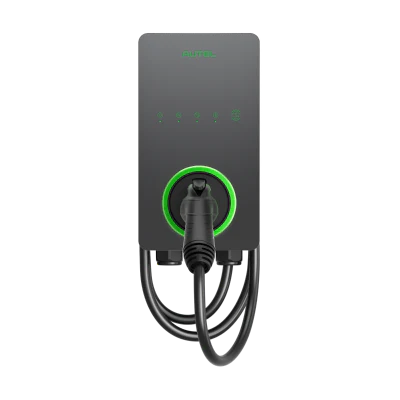
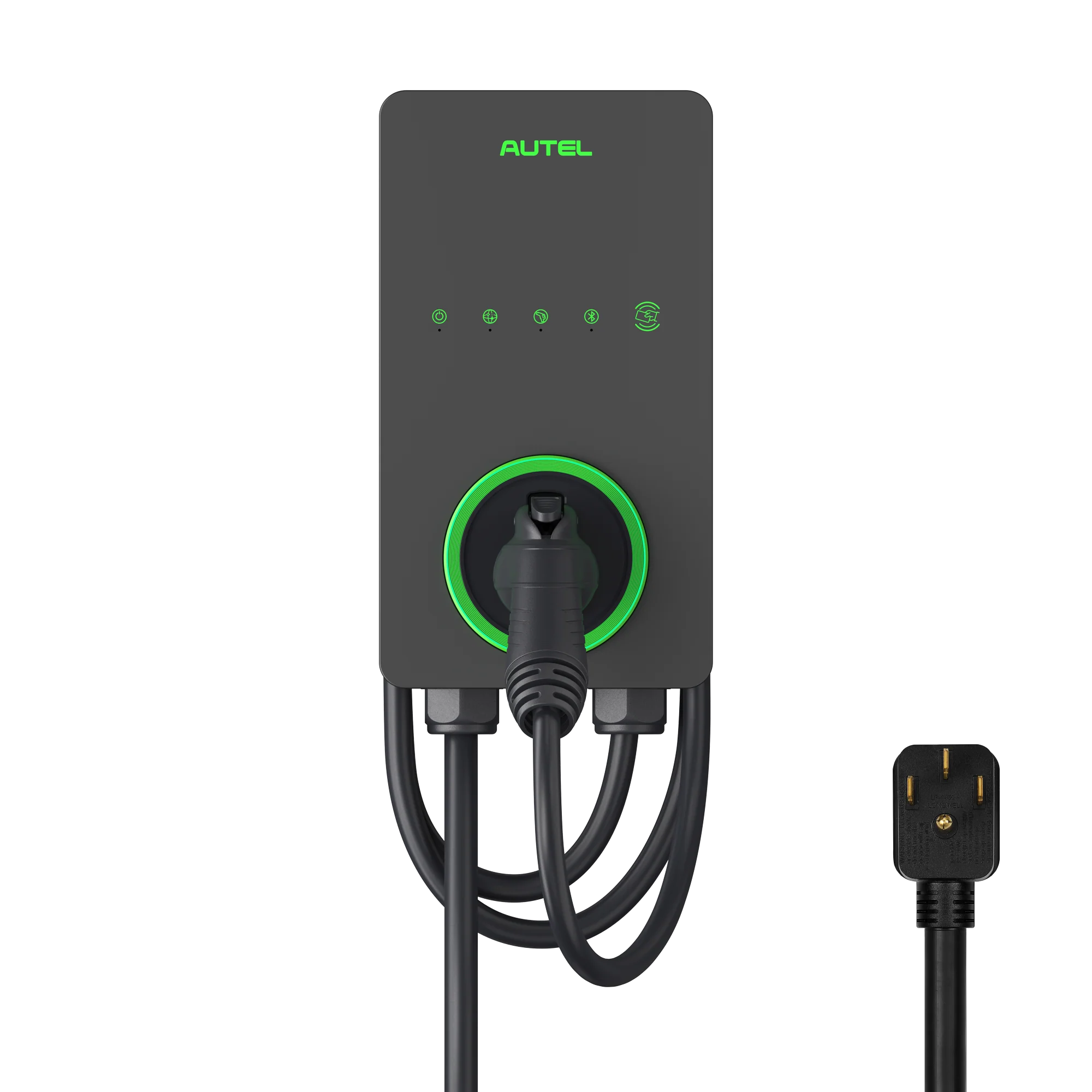
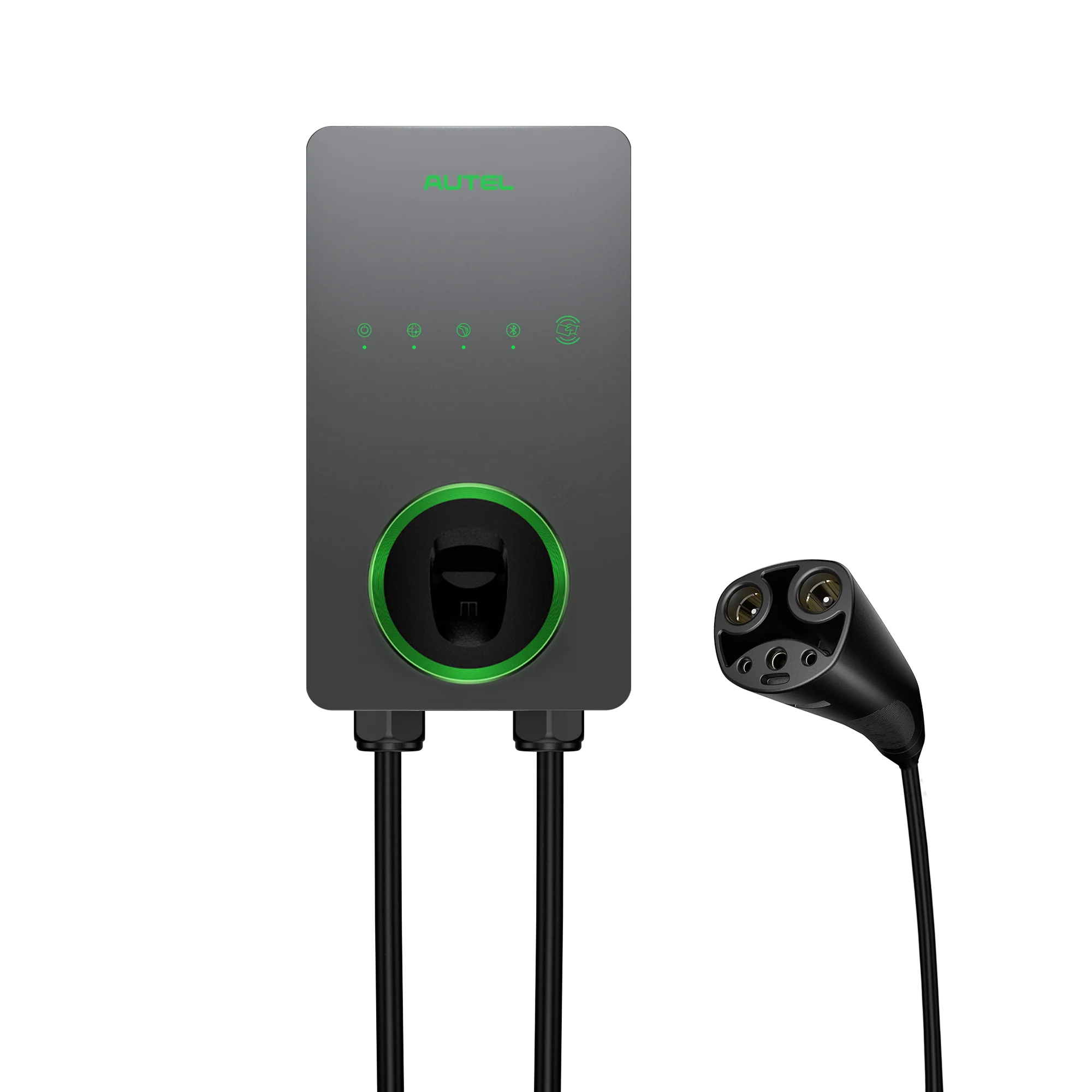
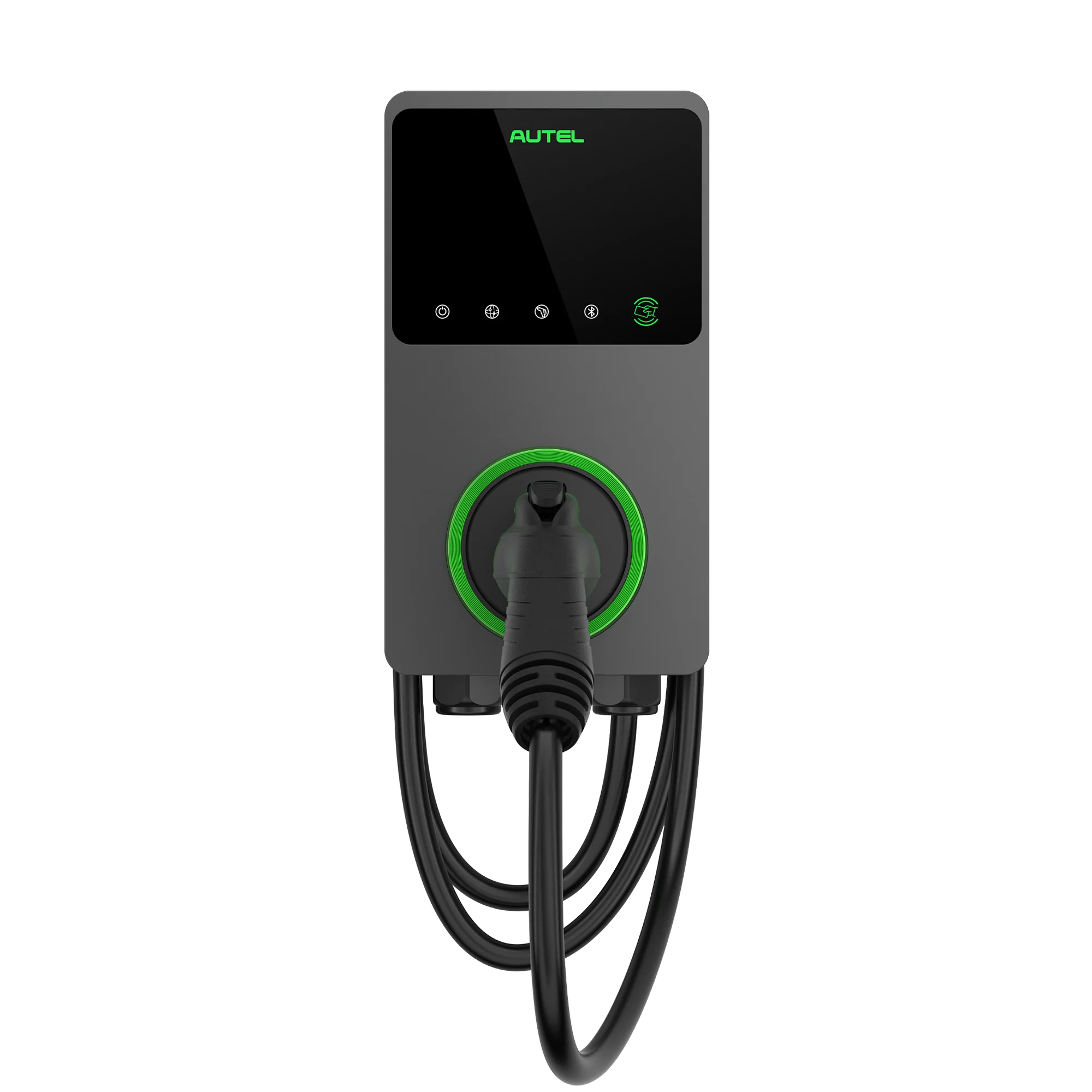
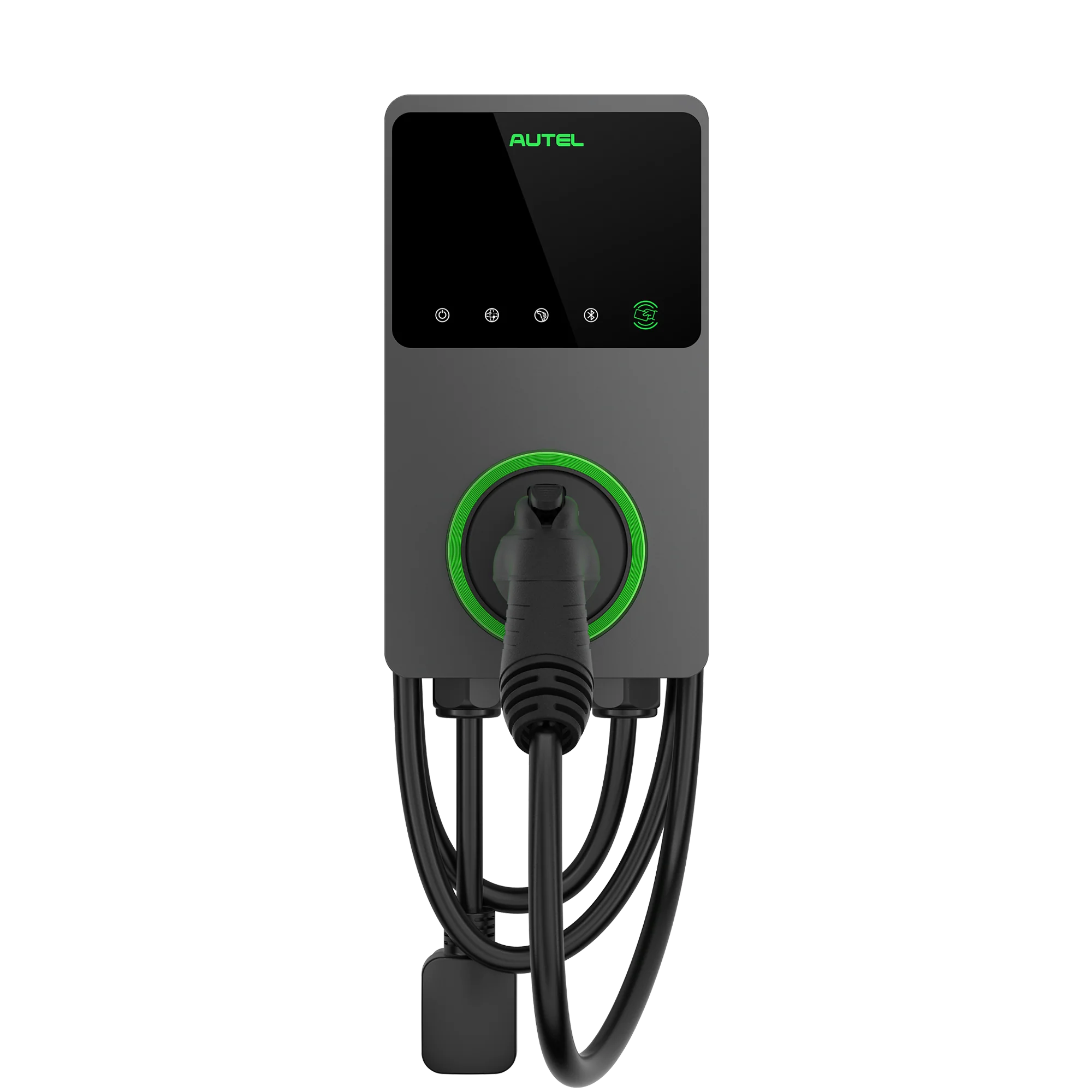
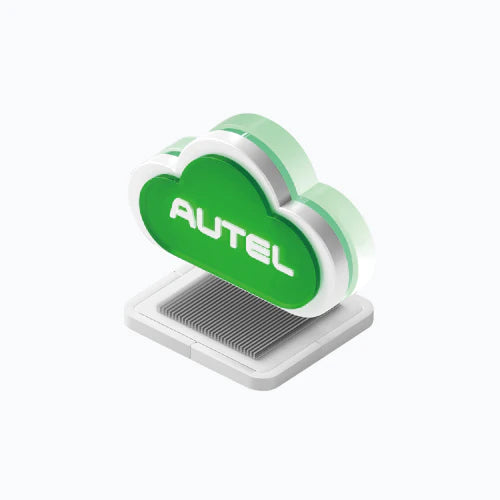
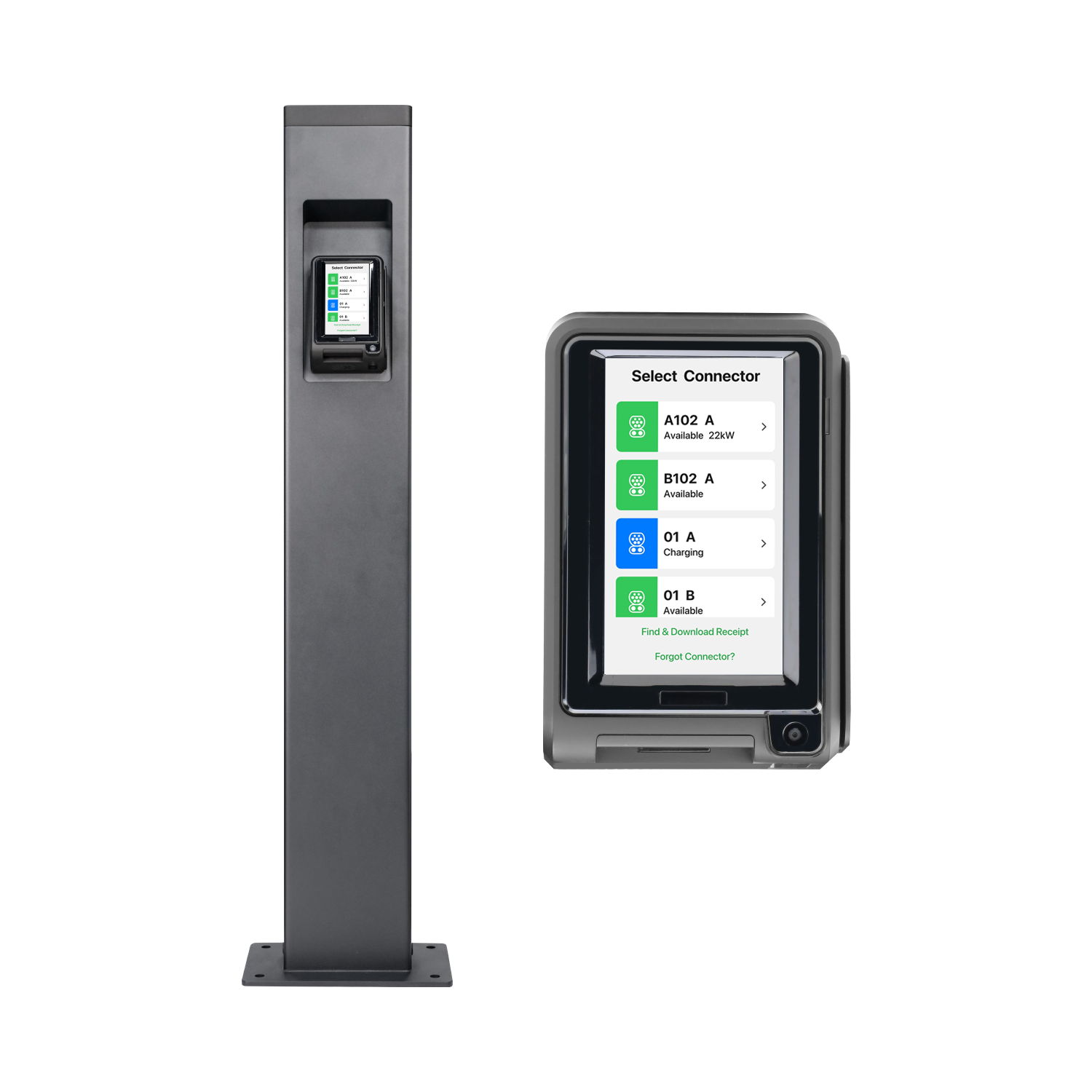
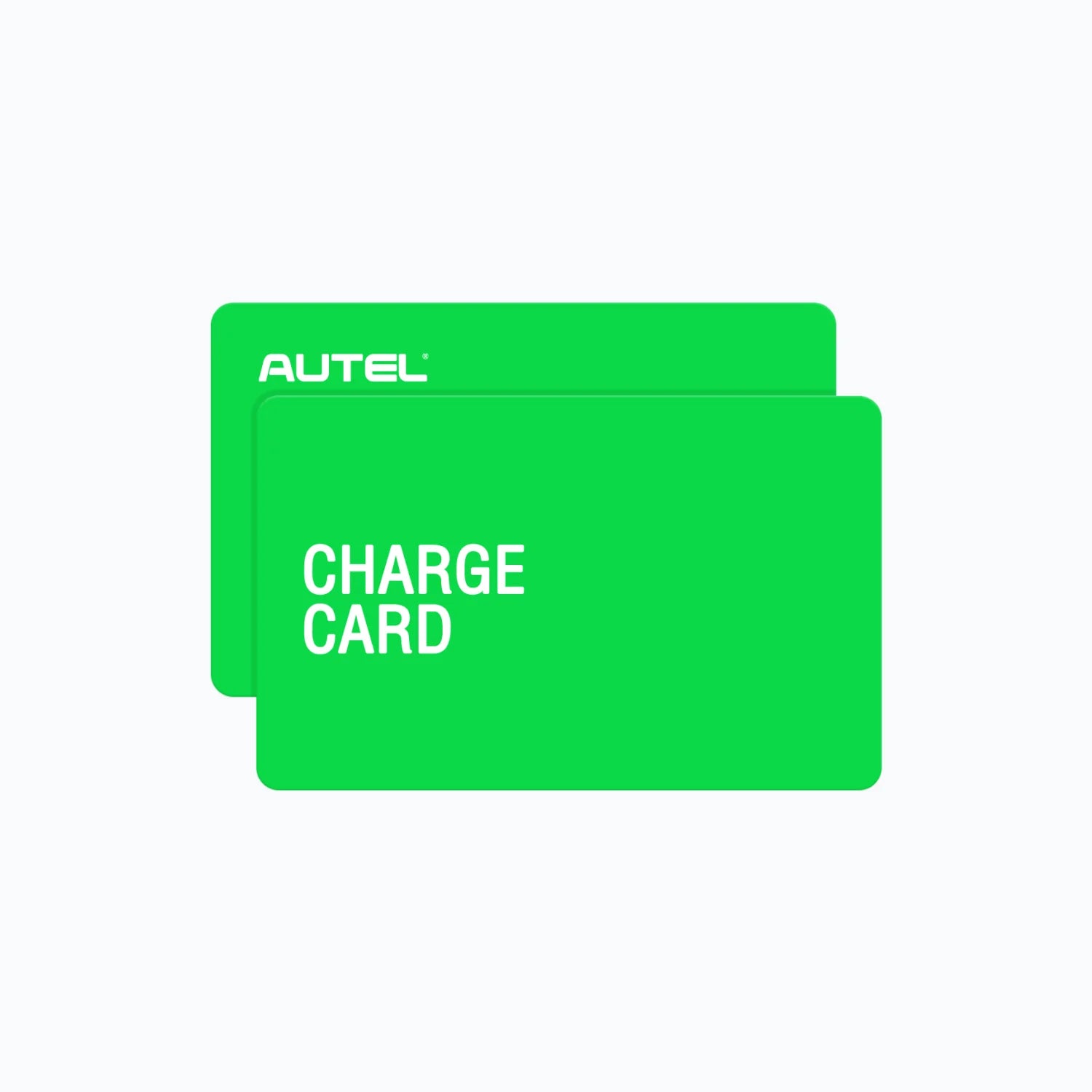
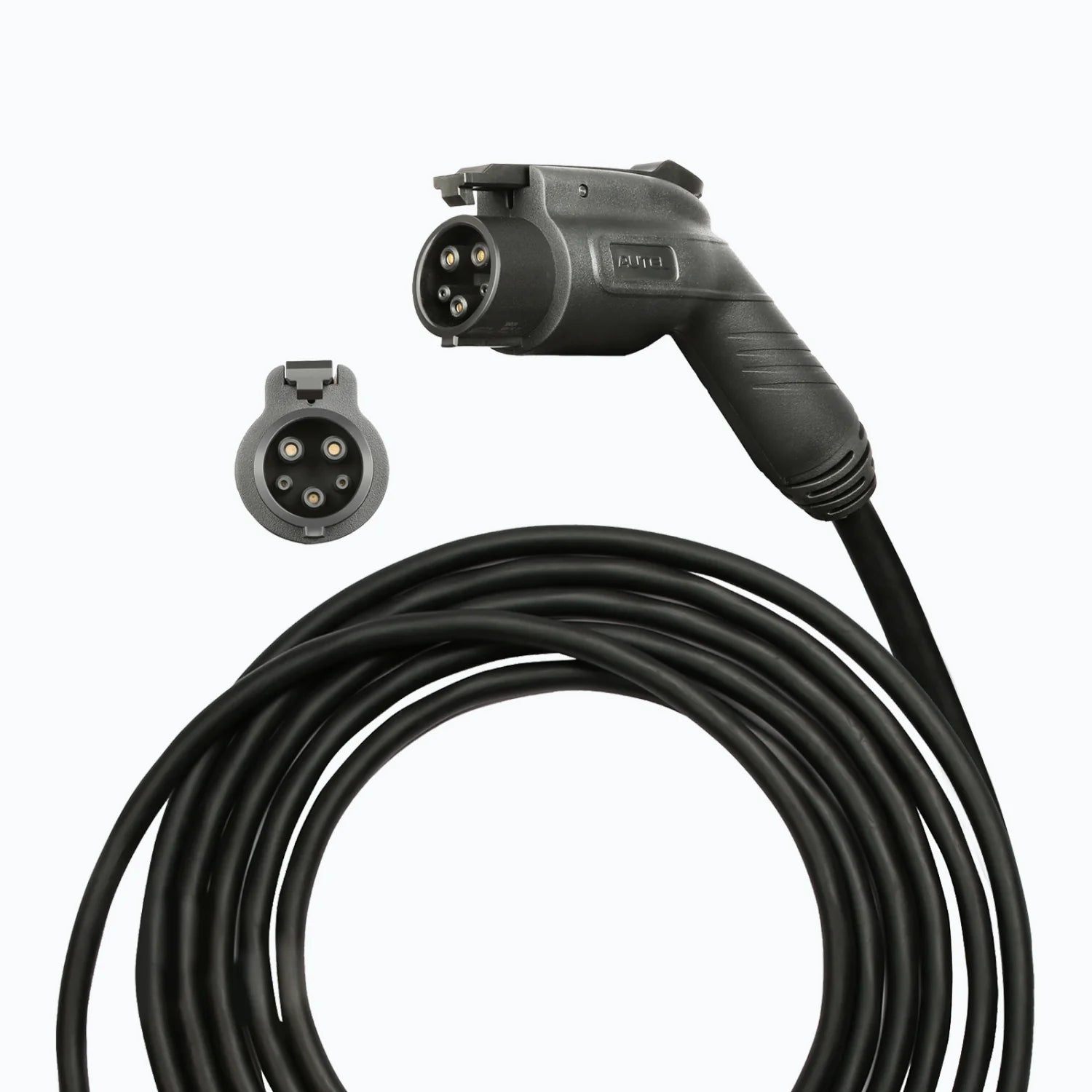
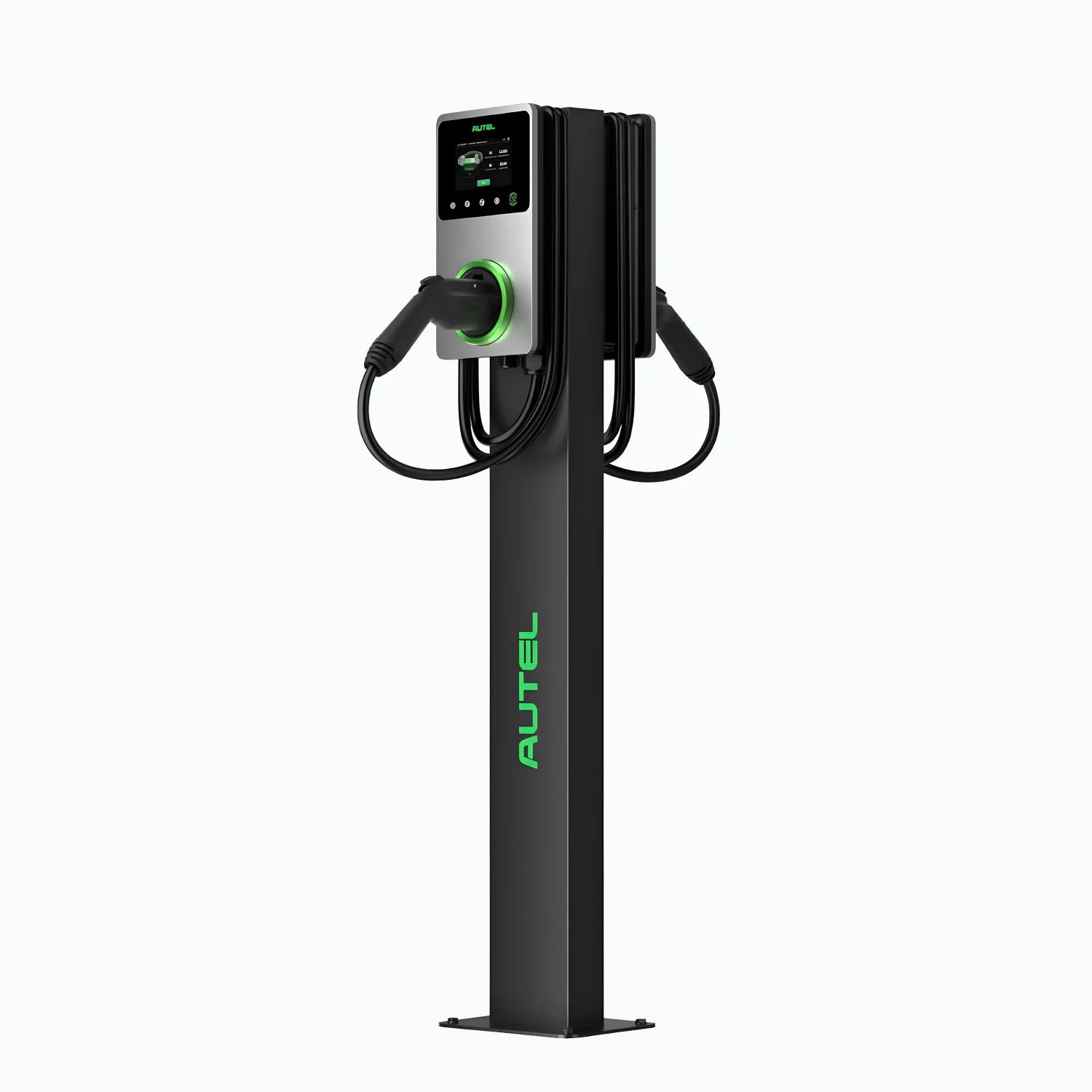
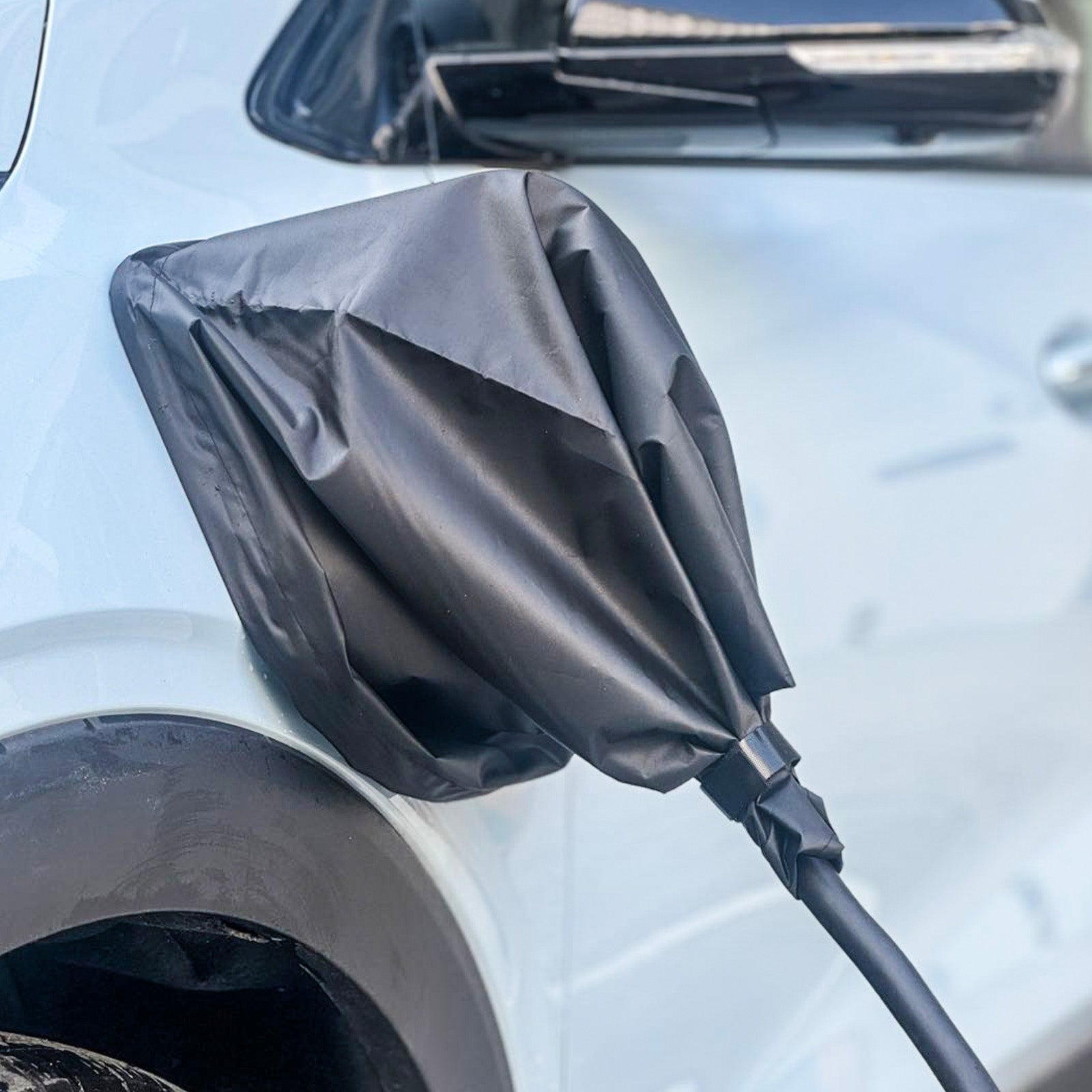
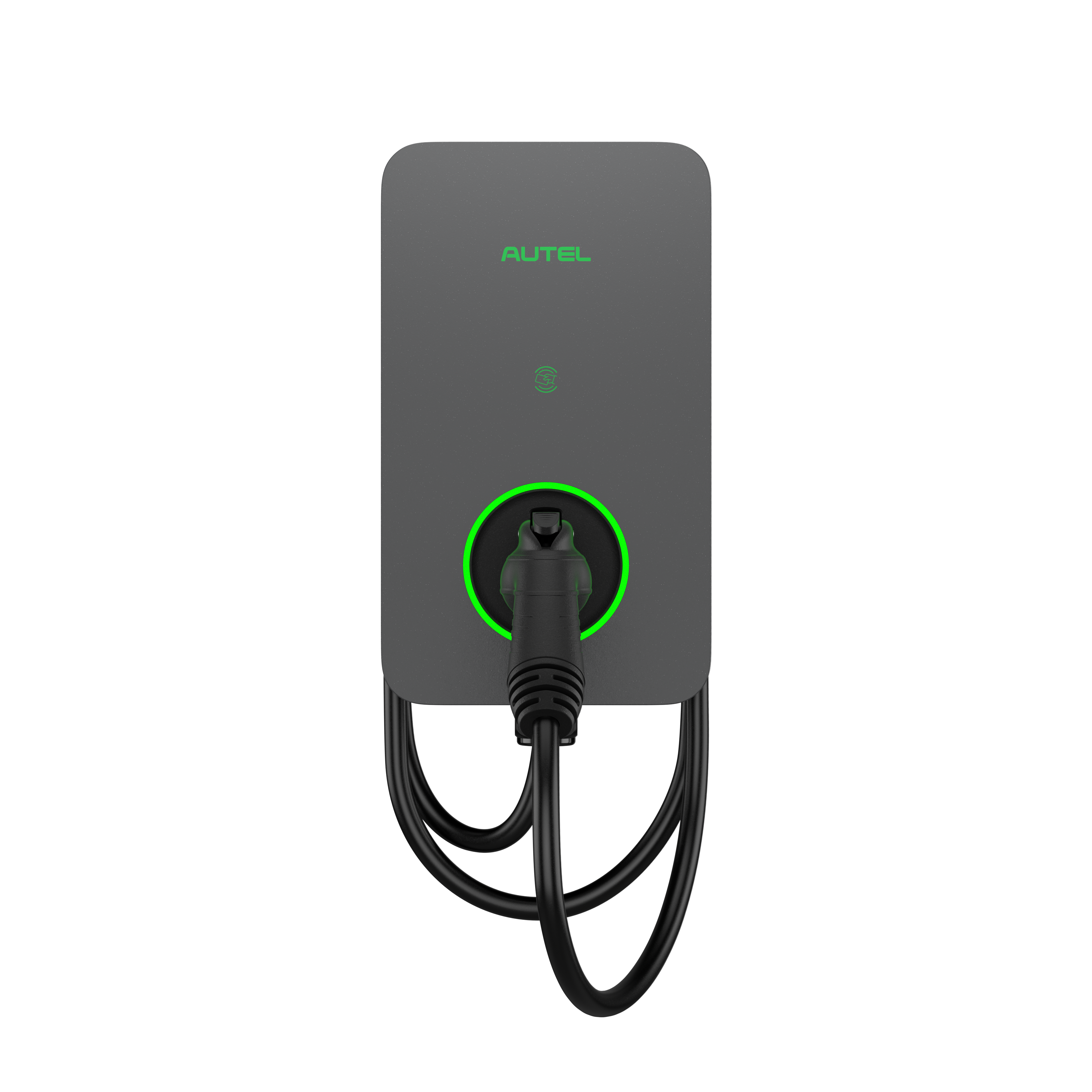
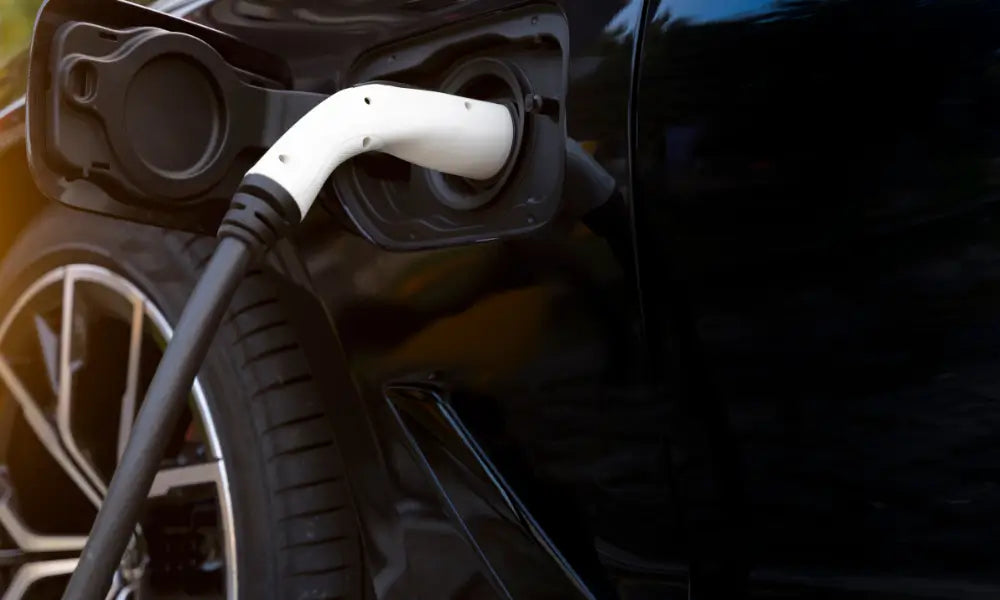
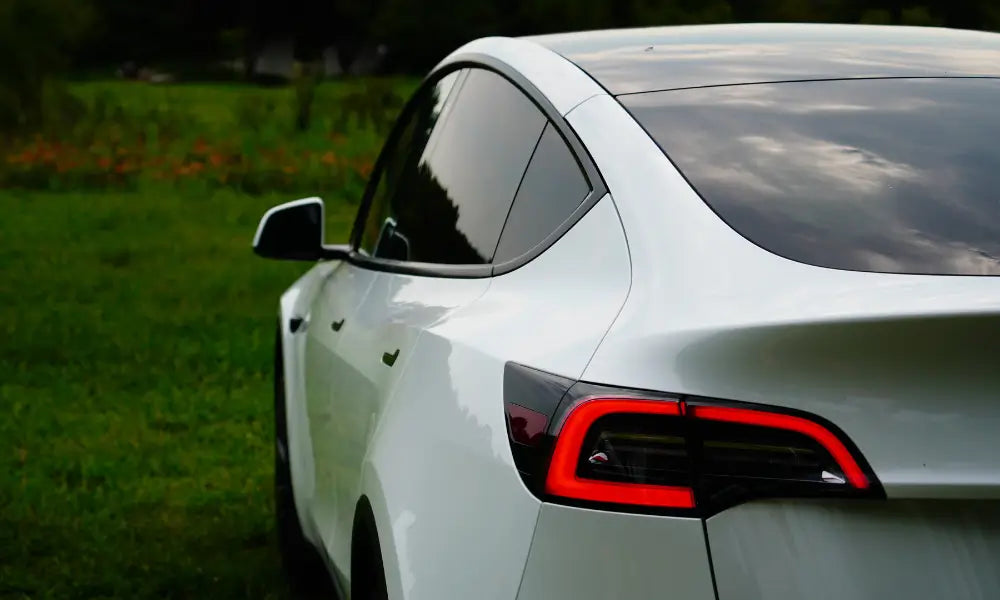
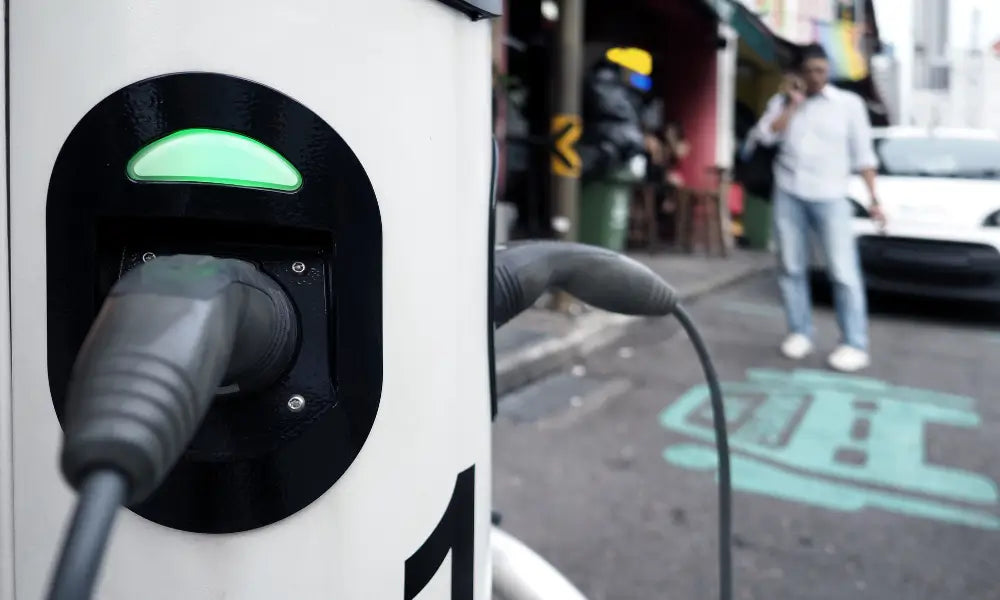
Laisser un commentaire
Tous les commentaires sont modérés avant d'être publiés.
Ce site est protégé par hCaptcha, et la Politique de confidentialité et les Conditions de service de hCaptcha s’appliquent.